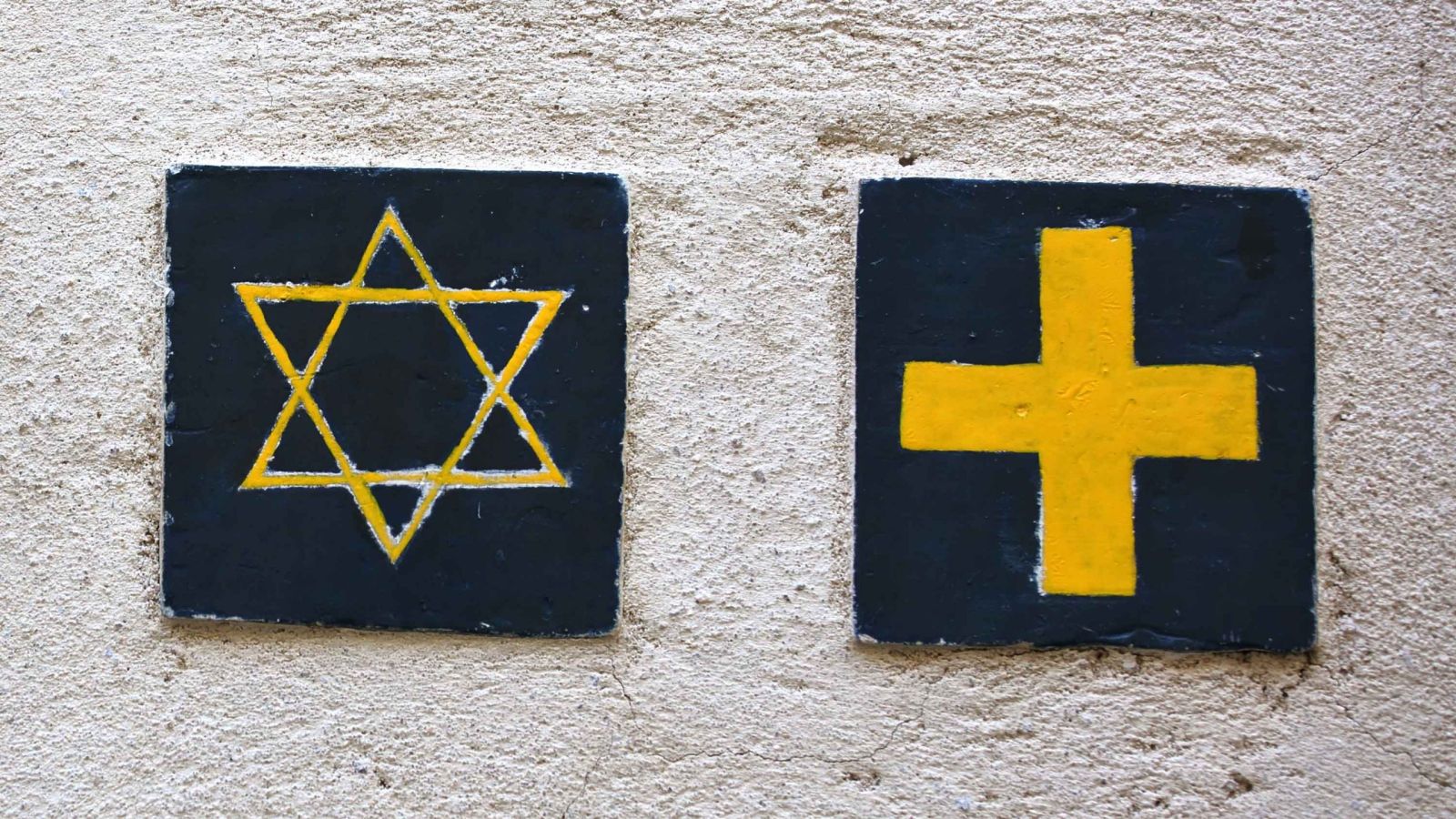Were the Previous Nations Obligated to Perform Wūḍūʿ?
Shaykh Muḥammad ibn ʿUmar Bazmūl


Thus, my ummah, on that day, will surely have white faces because of sujūd, and white arms and feet because of wuḍūʾ.
Shaykh al-Albānī said:
The Virtue of Sajdah
He (ṣallallāhu ʿalayhi wa-sallam) used to say:
“There is no one amongst my Ummah whom I will not recognize on the Day of Resurrection.” They said: “How will you recognize them, O Messenger of Allāh, amongst the multitude of created beings?” He (ṣallallāhu ʿalayhi wa-sallam) said: “Do you not see that were one of you to enter an enclosure in which there was a jet black steed and horse with a white forehead and legs, would you not recognize the latter from the former?” They said: “Of course.” He (ṣallallāhu ʿalayhi wa-sallam) said: “Thus, my ‘Ummah, on that day, will surely have white faces because of Sujood, and white arms and feet because of Wuḍū’.”
He (ṣallallāhu ʿalayhi wa-sallam) would also say: “When Allāh intends to have mercy on whosoever He wishes of the people of the fire He will order the Angels to bring out whoever used to worship Allāh. So they will bring them out, recognizing them from the marks of Sujood. For Allāh has prohibited the fire from devouring the marks of Sujood. Thus, they will be brought out from the fire, for the fire devours all of the Sons of Adaam except the marks of Sujood.”
Explanation
Shaykh Muḥammad Bāzmūl said:
Are we to understand from these Aḥādīth that the previous nations did not perform Wuḍū’, or that due to this, the Sujood and the Wuḍū’ are distinguishing characteristics of this nation from the previous nations?
The answer: Some texts indicate that the previous nations did in fact perform Wuḍū’. Such as the Ḥadīth of Abū Hurayrah, which has come on the authority of the Prophet (ṣallallāhu ʿalayhi wa-sallam) that he said: “None spoke in the cradle but three. The first was ʿĪsá (ʿalayhi al-Salām). The second, there was a man from Baanee Isrāʾeel named Jurayj. While he was offering his prayers his mother came and called him. He said to himself, ‘Shall I answer her or keep on praying?’ He continued to pray and did not answer her. The mother said: ‘O Allāh, do not let him die until he sees the faces of prostitutes.’ So while he was in his hermitage a lady came and sought to seduce him, but he refused. So she went to a shepherd and presented herself to him to commit illegal sexual intercourse with her and then later she gave birth to a child and claimed that it belonged to Jurayj. The people, therefore, came to him and dismantled his hermitage and expelled him out of it and abused him. Jurayj performed the ablution and offered prayer, and then came to the child and said, ‘O child, who is your father?’ The child replied, ‘The Shepherd.’ After hearing this, the people said, ‘We shall rebuild your hermitage of gold.’ But he said, ‘No, of nothing but mud…’ (to the end of the Ḥadīth).”[1]
There is also evidence in that which has come on the authority of Abū Hurayrah, that he said Allāh’s Messenger (ṣallallāhu ʿalayhi wa-sallam) stated: “Ibrāhīm migrated along with Sarah and entered a town wherein there was a king from amongst the kings, or an oppressor from amongst the oppressors so he (the king) sent for her saying, ‘Bring her to me.’ So she was brought to him. He stood up and came to her, but she stood and performed Wuḍū’ and prayed. And she said, ‘O Allāh, if it is that I am a believer in you and in your Messenger, then do not give a disbeliever power over me.’ So he fell down and then ran away on foot.” [2]
This proves that Wuḍū’ and prayer are not from the things which are specific to this nation. Therefore, why did the Messenger (ṣallallāhu ʿalayhi wa-sallam) mention it as being something which distinguishes his nation from the other nations? The answer is that the Ummah of the Messenger (ṣallallāhu ʿalayhi wa-sallam) makes more prayers and wuḍūʿ’ than the other nations. Due to this, they have more right that the wuḍūʿ’ be a sign and a distinguishing characteristic, and a mark for them than the other nations on the day of judgement. So they have more right that the prayer and the wuḍūʿ’ should be a distinguishing characteristic for them than the rest of the nations; for the Sujood has an effect by which they will be distinguished from the other nations on the Day of Judgement. Likewise, the wuḍūʿ’ has effects by which they will be distinguished, on the Day of Judgement, from other nations.
So if it is said: What is the evidence that this nation makes more prayers and wuḍūʿ’ than the previous nations? The answer is that the evidence has come in the ḥadīth of Al-Isrāʾ wa-al-Mirāj (The Night Journey) when the Messenger (ṣallallāhu ʿalayhi wa-sallam) was taken by night up to the heavens and Allāh commanded him with the prayer. Initially, he obligated upon him fifty prayers, so he (ṣallallāhu ʿalayhi wa-sallam) descended to Mūsá who said: “What did your Lord command you with?” He (ṣallallāhu ʿalayhi wa-sallam) said: “He commanded me with fifty prayers in a day and night.” He said: “Go back, for indeed your nation cannot handle this.” This continued until it reached five prayers. So he (ṣallallāhu ʿalayhi wa-sallam) descended, whereupon Mūsá said to him: “What has your Lord commanded you with?” He (ṣallallāhu ʿalayhi wa-sallam) said: “He commanded me with five prayers.” Mūsá said: “Return. For I came to my people with less than this and they did not accept it.” So this indicates that the five prayers for this nation in a day and night are more than that of the nation of Mūsá (ʿalayhi ṣalātu wa-sallām). Likewise, they are more than the subsequent nations in terms of prayer. Hence, this nation has more right that the wuḍūʿ’ and prayer be from its distinguishing characteristics and its traits which separate it from the rest of the nations on the Day of Judgement.
Endnotes:
[1] Al-Bukhārī reported the Ḥadīth in the Book of Occurrences of the Prophets, Chapter: Regarding the Statement of Allāh the Exalted (Maryam 19 verse 16); Ḥadīth no. 3,436 as did Muslim in the Book of Righteousness, Join the Ties of Kinship, and Etiquettes Chapter: Giving Preference to Righteousness to the Parents over Superogatory Prayer; Ḥadīth no. 2, 550.
[2] Al-Bukhārī reported it in the Book of Compulsion, Chapter: If a Woman is Forced to Commit Zinā, then there is no Prescribed Punishment for Her; Ḥadīth no. 6,950 as did Imām Muslim in the Book of Virtues, Chapter: From the Virtues of Ibrāhīm (ʿalayhi al-Salām); Ḥadīth no. 2,371
Translated by: Raha ibn Donald Batts

















